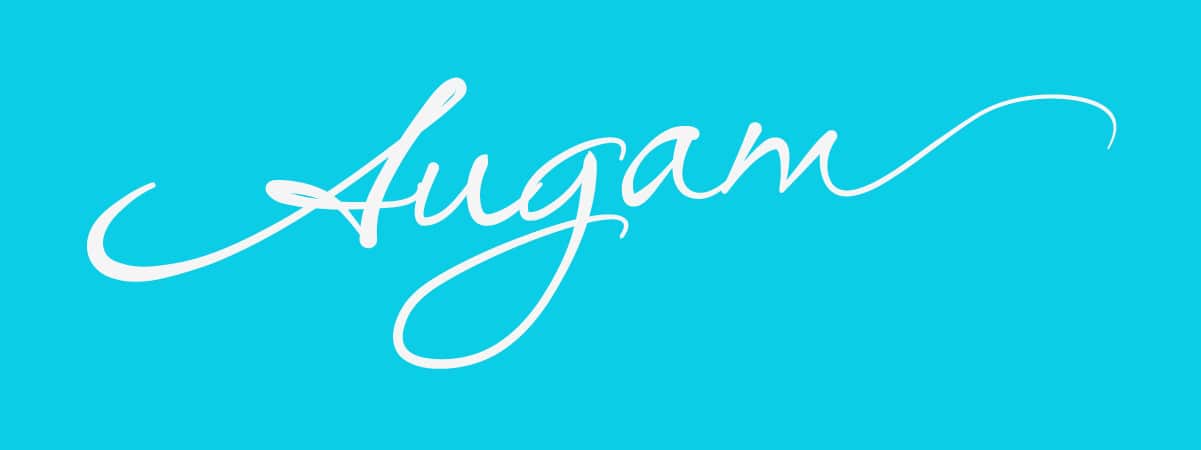When you work for yourself, selling your services is an integral part of the activity. I know from my own experience and from working with clients that this is one of the biggest blocks for self-starters and not only for them. I always thought that sales wasn’t really for me, that I wasn’t the kind of person who could talk incessantly and persuade others to buy a service, but after all, I do it all the time when I’m working in recruitment! Only in this case, what I am selling is a vacant position and the buyers are potential candidates. A few days ago I finished reading Daniel H. Pink’s book “To sell is human” and I want to share with you the key ideas that caught my attention the most:
- Whether we like it or not, we are all in sales now;
- Very common opinion is that only extroverts can be salespeople. However, the best salespeople are not those who are the biggest extroverts, but those who have roughly equal amounts of extraversion and introversion;
- We are often held back from selling by the fear of hearing “no”. But try to count the number of different ‘no’s you have received from your environment and you will see that the number can sometimes be impressive, but you are still here, nothing bad has happened. The “no” is not directed at you as a person, it does not reflect your judgement, it is simply that your product/service was not the best fit for the potential customer;
- One interesting exercise to relieve the tension when we are afraid of a negative answer is to write a rejection letter to ourselves. Once we put it all down on paper, the consequences don’t seem so scary;
- If your presentation was the same length as a Twitter post, what information would you fit into 280 characters?
- Studies have shown that people are more likely to accept rhyming phrases as true than the same meaning in rhyming text. Perhaps it is worth including this in your presentations?
- What one word would we like customers to associate us (our service/product) with?
- When contacting potential customers by email, the subject line is crucial. People are more likely to open emails where the subject line is left a bit vague, which arouses curiosity. The usefulness of the subject line is also important: usefulness for external reasons – something I can gain or lose; usefulness for internal reasons – e.g. curiosity. Mentioning intrinsic reasons in addition to extrinsic ones in the subject line of a letter usually does not work;
- The subject of the letter should be either obviously useful to the recipient or intriguing, but not both at once.
I hope you have found some inspiration and input, so I wish you successful sales!
With best wishes for growth,
Dovilė

